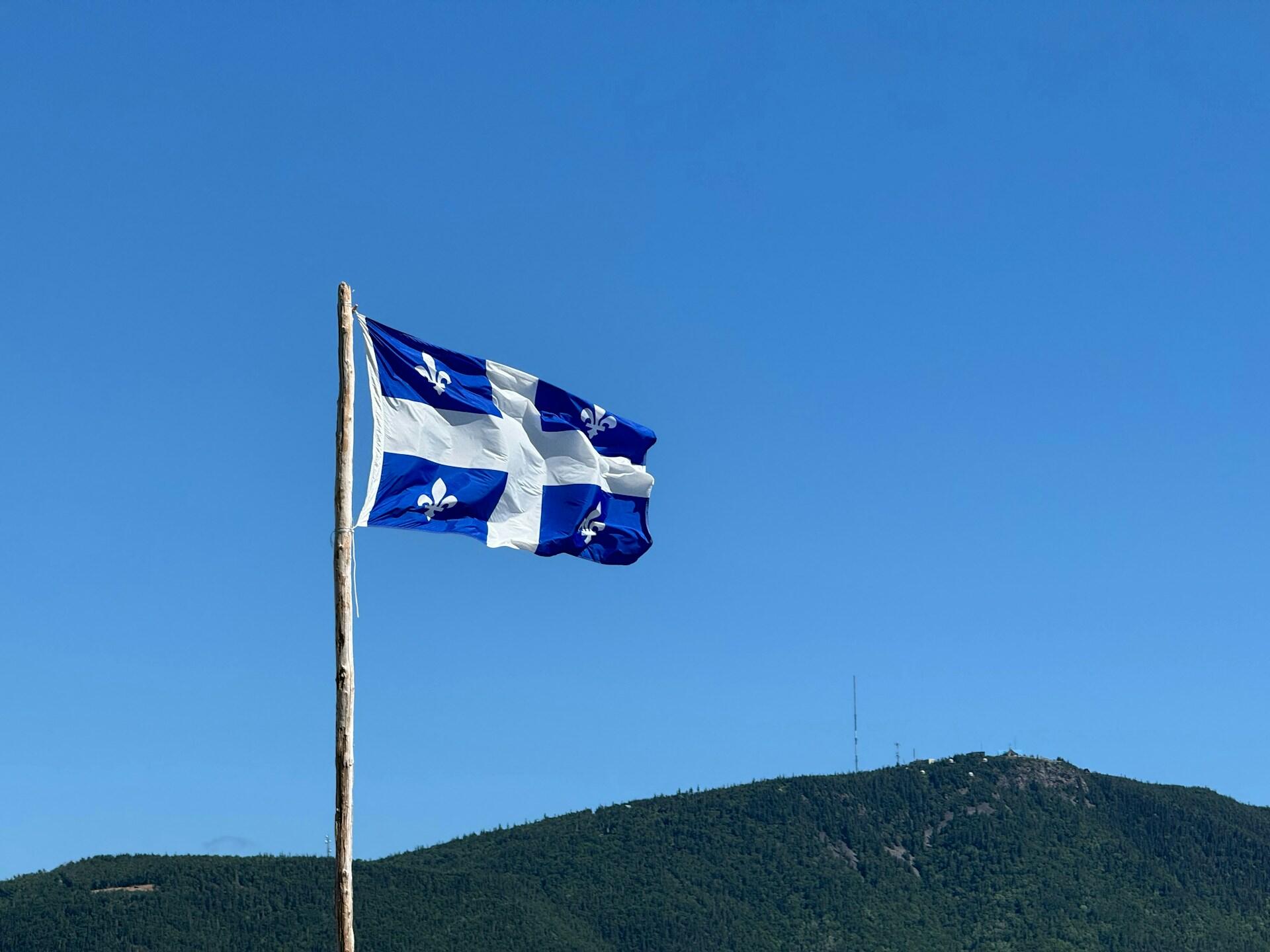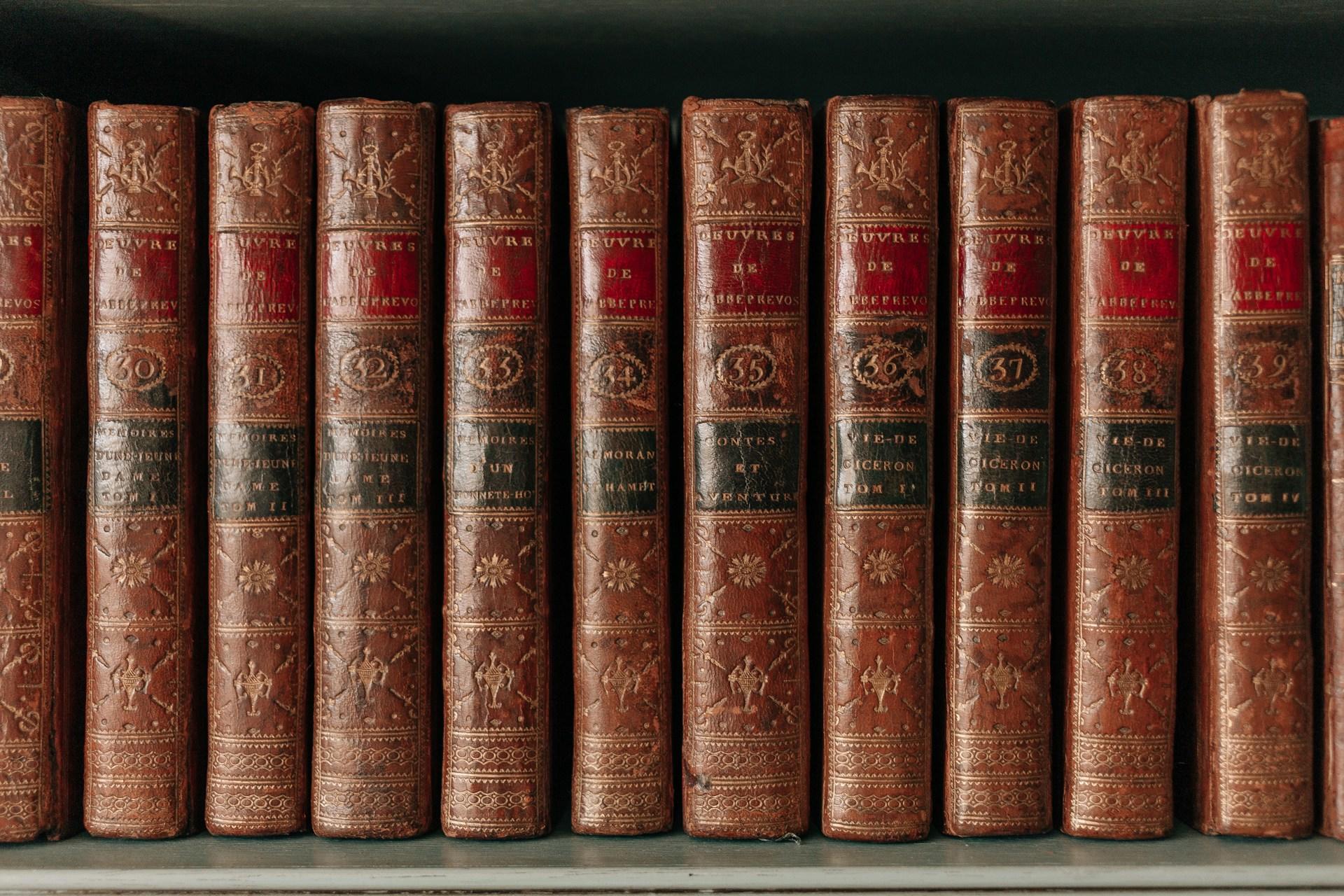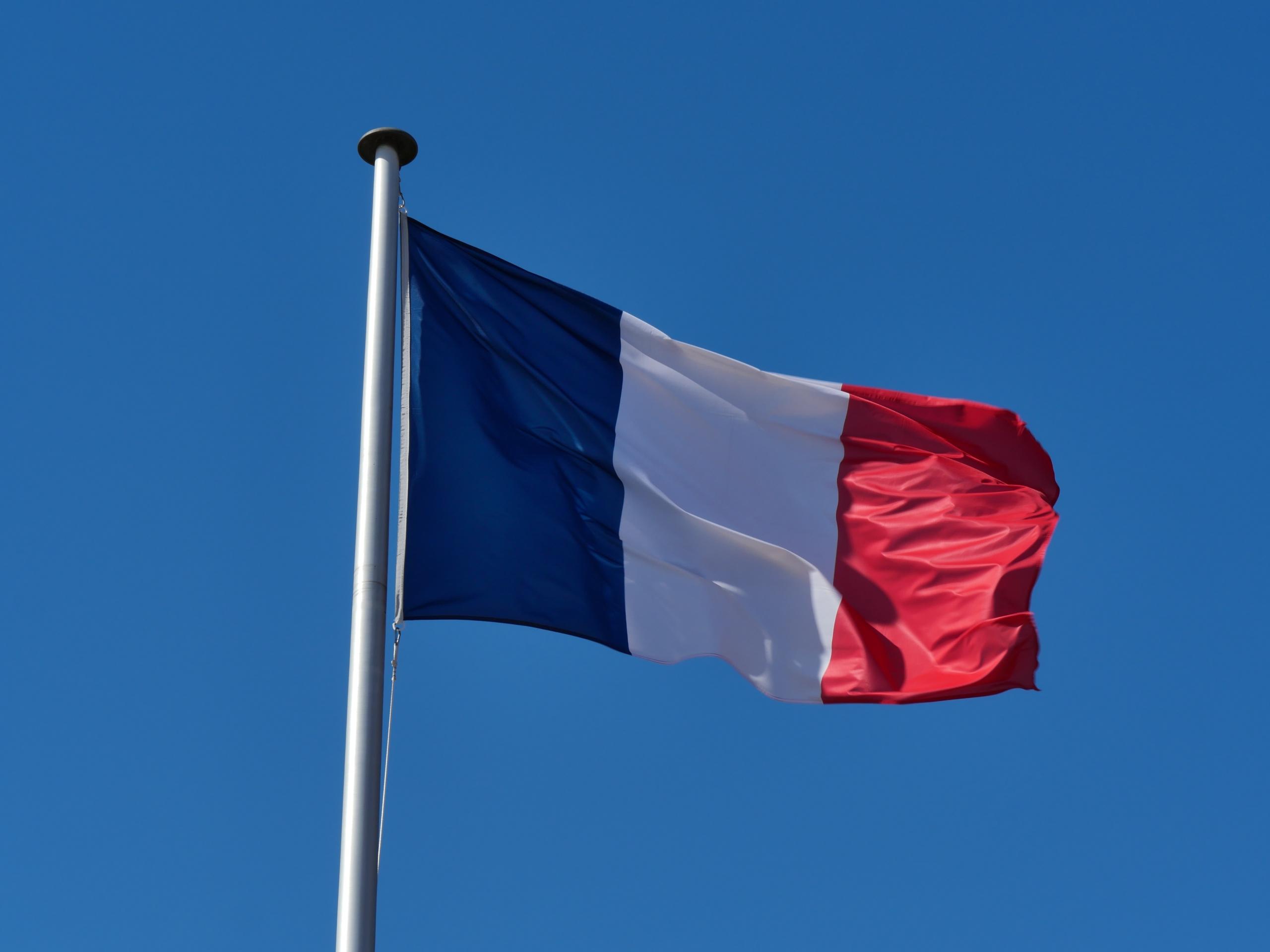Think you know French? Not so fast! If you've ever visited Quebec or chatted with a native French Canadian, you likely realized quite quickly that Québécois French, has its own rich and colorful flavor full of expressions, idioms, and slang that set it apart from standard French, not to mention the tonality and accent!
Whether you're an avid language learner, a curious Francophile or even a born-and-bred Canadian brushing up on local lingo to fit in with the youth of today, this quiz will test your ear for la parlure québécoise. From everyday expressions to regional quirks, discover just how well you understand the French of la belle province.
Ready to find out if you're a true-blue Québécois or still learning the ropes?
Quiz
Quiz :
🗺️ A Brief History of Québécois French
The French spoken in Quebec today - now recognized as Québécois - is the result of over four centuries of linguistic evolution, shaped by geography, history and culture.
🏛️ Origins in Old France
The story begins in the 17th century, when French settlers from regions like Normandy, Brittany, and Île-de-France established colonies in what is now Quebec. These settlers brought with them regional dialects and pronunciations from rural France - many of which would take root and evolve independently in North America.
🌍 Isolation and Adaptation
After France ceded New France to Britain in 1763, the French-speaking population became linguistically isolated. While French continued to evolve in Europe, particularly under the influence of Parisian French, Quebec’s French preserved many older forms. Over time, it also absorbed words and expressions from English, Indigenous languages, and other immigrant communities.
🎭 Cultural Identity Through Language
In the 20th century, especially during and after the Quiet Revolution of the 1960s, Québécois French became a powerful symbol of cultural identity and political autonomy. Language laws like Bill 101 were enacted to protect French as the dominant public language in Quebec.
💬 Modern Québécois: A Living Language
Today, Québécois French is distinct in its pronunciation, syntax, and especially its slang. Words like char (car), blonde (girlfriend), or c’est le fun (it’s fun) are examples of how this variant of French has carved out its own expressive, informal voice.
Québécois Slang in Action
Still wrapping your head around it all? Sometimes hearing it is the best way to learn. Check out this short video where a native Quebecer chats to a Frenchman:
Try replaying the video and jotting down new words. Did you recognize anything from the quiz above? Keep practicing - you’re getting closer to sounding like the real deal!
Was it tougher than you imagined?
Share your results, challenge your friends and most of all, keep exploring the beauty and richness of Québécois French.
À la prochaine! 👋🇨🇦
Summarize with AI:


















